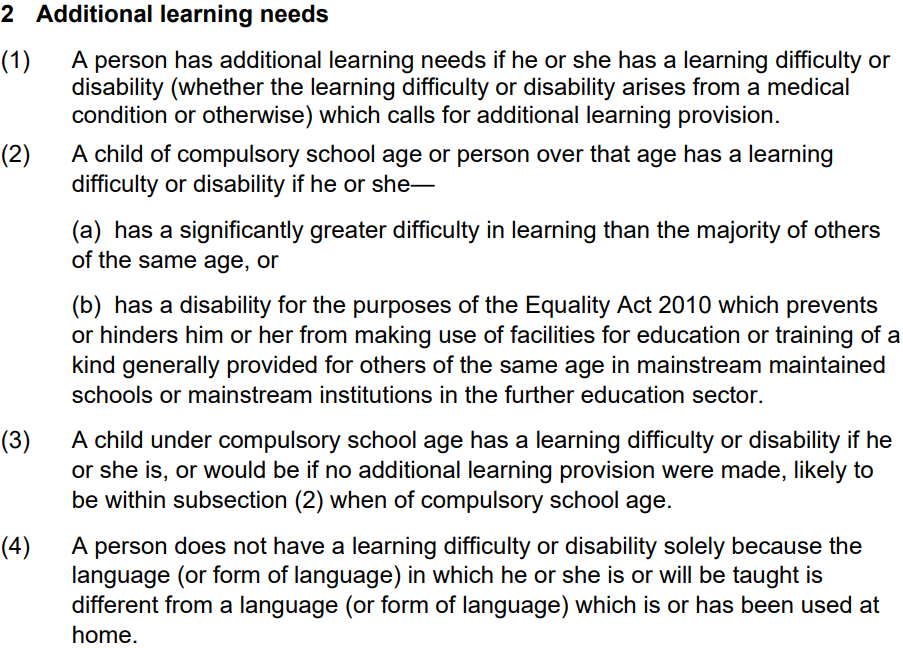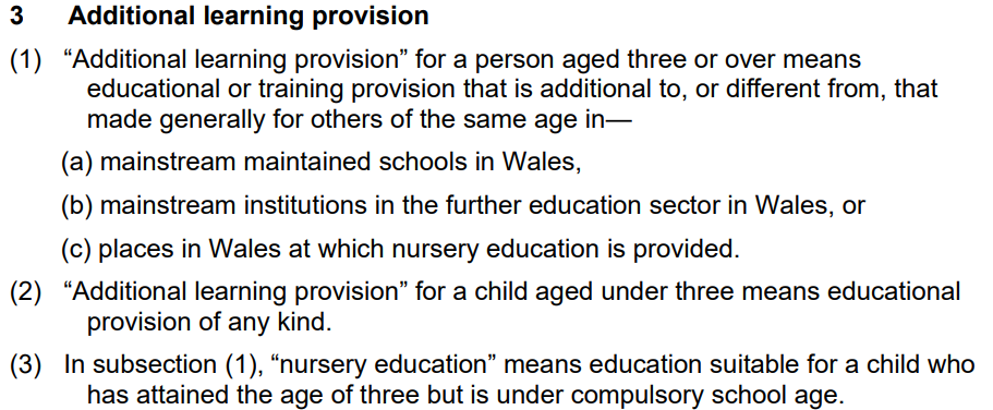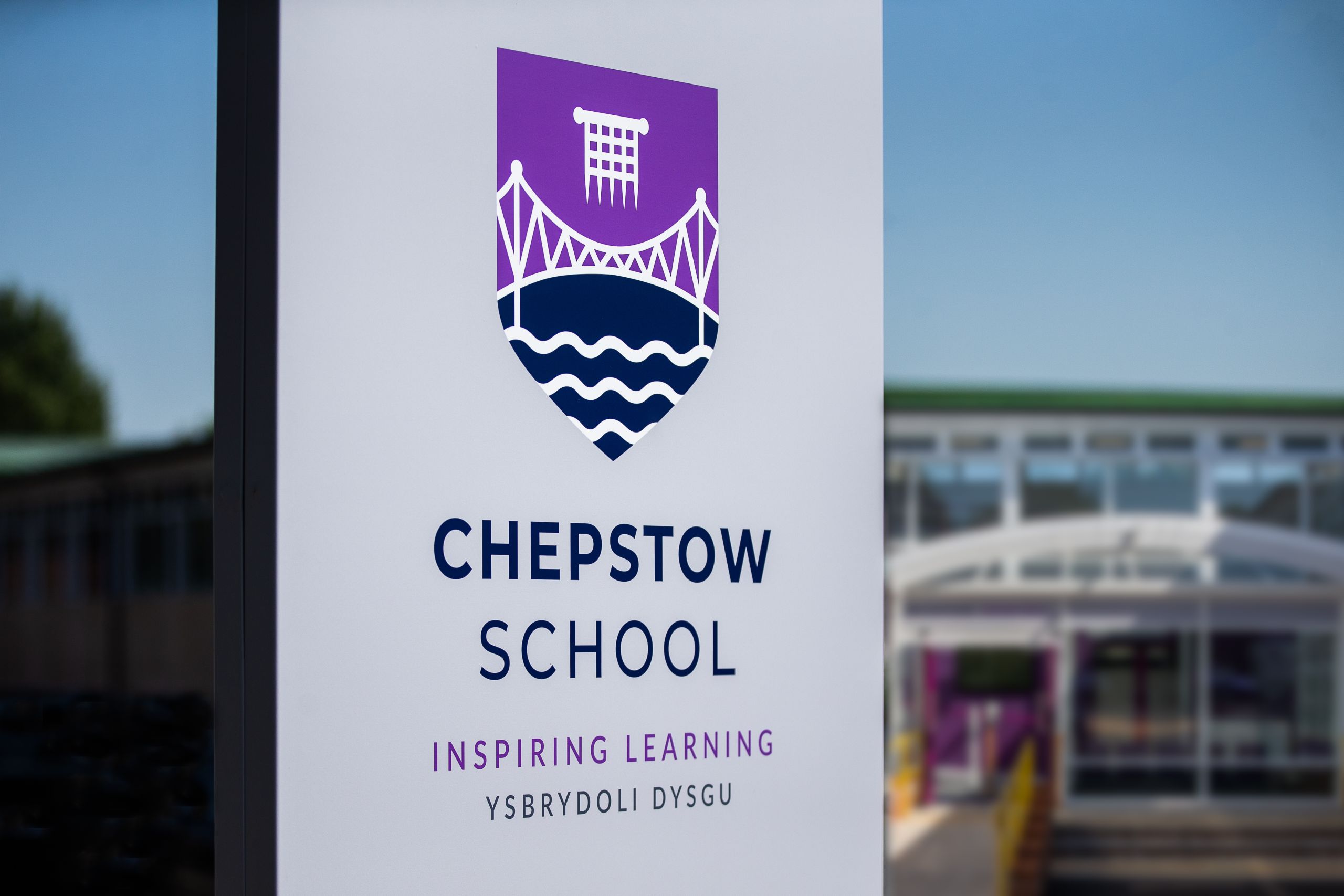




Interventions
Handwriting Intervention
Handwriting Intervention takes place once a week during Form time and is split into Year groups. On Monday we have 11 pupils in Year 7’s attending, Tuesday 4 pupils in Year 9 attending and Wednesday 7 pupils in Year 8. These sessions firstly focus on improving fine motor skills for letter formation and legibility and then move on to attempting to improving the speed of the handwriting. We are currently in the process of supplying students that attend the intervention with books specifically designed to aid letter formation for all their lessons. We evaluate by testing the pupils speed of writing with a WPM test and general legibility.
The Intervention also enables us to identify pupils that may need further testing for Dyslexia, Dyscalculia, Dyspraxia or processing and memory difficulties. It can give us early indication of the type of Access Arrangements required for sitting exams.
SPLD
The SPLD Intervention looks to support pupils with Specific Learning Difficulties, predominantly Dyslexia. In this Intervention we introduce supportive strategies (i.e., Overlays, coloured paper, font size) alongside fluency of reading, confidence in reading aloud, spelling and comprehension. We use a variety of texts, those that the pupils are reading at home, library books and syllabus texts. There are 40 pupils receiving SPLD across Year 7 -Year 10. Evaluation is composed of testing spelling, reading and comprehension.
ELSA and Draw and Talk
ELSA supports students with Emotional Literacy. Referrals commonly focus on the following areas – anger management, grief management, building self confidence and resilience, healthy friendships, sleep hygiene, self harm strategies, anxiety management/breathing techniques & mindfulness. It also provides a space for reflection and a chance to build trusted adult status. It signposts to other external services. In the academic year 2022/23
30 children received 6 or more 1-1 sessions. This year so far the number has been smaller as the capacity for ELSA provision has reduced, with 7 students receiving 1-1 provision, but a new ELSA is currently training and will take on a case load after half term. (External provision from providers F2F, Platform and Shift have offered 1-1 counselling.) There are 27 students on the Waiting List. Evaluation is by questionnaire.
New this year is the Drawing & Talking provision, a therapy based intervention for processing trauma. This is a longer intervention at 12 weeks and follows on from ELSA. 3 students have received D&T this academic year, with the evaluation process in formulation, currently following ELSA as a framework.

Nurture
Nurture offers a holistic approach.
The sessions themselves sometimes contain a variety of elements. We do a lot of talking, thinking, listening and problem-solving! A cup of tea always helps! We make each other breakfast sometimes too. Children may attend continually, or drop in and out as their needs determine.
We talk about ourselves, our families and friends, the world around us, topical subjects from the news or celebrations, national/international events, academic elements – such as telling the time. Sometimes issues crop up either for a particular pupil or in the news or the local community and the discussions are about very difficult, highly sensitive subjects but pupils are supported and know they can ask the questions they may not want to ask elsewhere.
All sessions are rooted in the six Nurture principles:
- Children’s learning is developmental, not age-related.
- Our classroom is a safe place
- Nurture is crucial for the development of wellbeing
- Language is a vital means of communication
- All behaviour is communication
- Transitions are important stages in children’s lives
Nurture is a successful intervention at Chepstow school. Young people are referred by Heads of Year, our ALNCo and/or on entry. A baseline profile is made of a pupil’s needs and we also use pupil questionnaires, professional assessments and ClassCharts to measure progress.
Nurture is not a timed intervention, but pupils’ needs and progress are assessed weekly on a subjective basis (some pupils may only attend very briefly to support them through a traumatic episode) and termly using data and additional evidence such as HoY comments, parent views and Nurture Lead (more data-driven) assessments.
We are currently heavily over-subscribed in Year 7 with 36 students in four groups attending twice-weekly sessions. There are more pupils hoping to join us after our half term review so this arrangement may alter to facilitate these additions.
In Year 8 there are 10 pupils attending Nurture once a week. Many of these pupils were from our original Nurture cohort (of 28) in last year’s Year 7, but some are new pupils to Chepstow who need support to settle into their new school due to previous experiences. Year 9 has 4 pupils at present, but this will also increase after half term. They have one session a week. The support offered in Year 10 is also once- weekly and there are 4 students attending, although this too is due to increase after half term.
You are more than welcome to come and join us to see Nurture in action.
